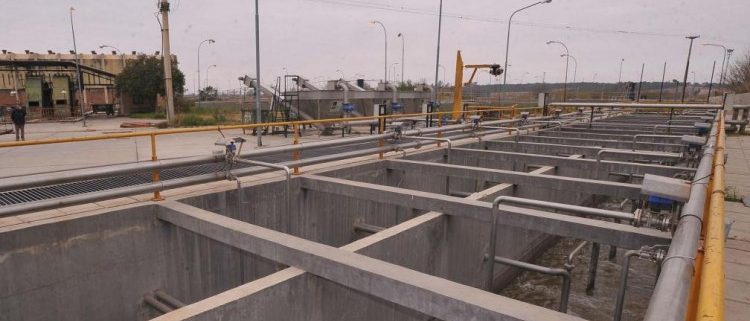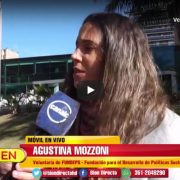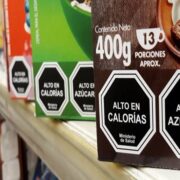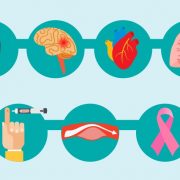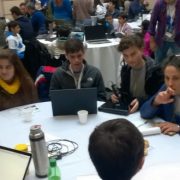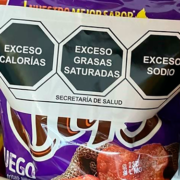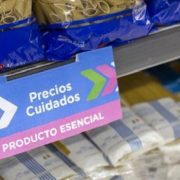Exchange of views around the Bajo Grande project
On June 9, FUNDEPS together with the organization Las Omas del Barrio Chacras de la Merced met in the Directorate of Networks and Sanitary Works of the Municipality of Córdoba, with the deputy director Daniel Bardagi and the owner of the plant Gualberto Pozo Arce the purpose of asking some questions regarding the operation of the Bajo Grande Sewage Treatment Plant.
“Below, we offer a google translate version of the original article in Spanish. This translation may not be accurate but serves as a general presentation of the article. For more accurate information, please switch to the Spanish version of the website. In addition, feel free to directly contact in English the person mentioned at the bottom of this article with regards to this topic.”
Since February 2016, the environment axis of the Human Rights Area and the Democratic Strengthening Area of FUNDEPS have been working together with the Civil Association for Equality and Justice (ACIJ) in the Chacras de la Merced District of the Province of Córdoba , in particular with the Las Omas women’s organization. The project seeks to promote the development and implementation of strategies linked to the incidence and monitoring of public policies in the Chacra de la Merced community, in order to support the work of the Las Omas women’s organization in the strengthening of social and environmental rights damaged due to the poor functioning of the Bajo Grande sewage treatment plant.
In this framework, FUNDEPS requested a meeting with the Directorate of Networks and Sanitary Works of the Municipality of Córdoba. The meeting was enriching for both parties. From the Directorate of Networks could explain how the plant currently works, the quantity and quality of the liquid that deals with days of week and end of weeks, funds with which the Municipality has to do maintenance works, problems that identify them that can contribute to the malfunction, among others.
On the other hand, we express our concern regarding the harmful effects that the plant is generating in its current situation, the environment in general and the community of La Chacra in particular since their social, economic and environmental rights are constantly being violated.
They also explained that the construction of a new treatment plant will double the amount of fluid treatment and its implications for the city. However, when we asked for information about possible environmental remediation policies in the area with the construction of the new plant, we did not receive a response.
It is important to point out that within the framework of this project, four requests for information were made to different public departments of the Municipality, among which one was made to the Wastewater Treatment Plant, which depends on the direction of Networks, where we made the following orders of information for reporting on: a) the current operating status of the Bajo Grande WWTP plant; b) if there are repair works for the faults and problems in the correct operation of the plant; c) if there are plans for environmental remediation in Barrio Chacras de la Merced; d) What works are being implemented in the sewage treatment plant? ; e) what mitigation measures of the environmental impact were designed and implemented after being declared a sanitary emergency zone; f) what controls are executed in the Plant, detailing the days and hours in which they are implemented and g) what days and times the plant works, detail the processes and their direct effects on the environment and the nearby population, and what methods of treatment use.
From FUNDEPS we will continue working with the organization Las Omas in the monitoring of the bidding process and implementation of the work of the new plant, and visibilizing the problems in terms of environment and health the current sewage treatment plant WWTP.
Contact
Carolina Juaneda – Area of Democratic Strengthening and Institutional Quality

